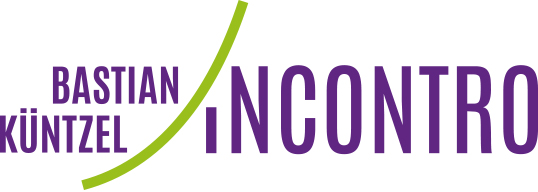That’s the narrative that is going through the media, conferences, and conversations. Everyone is concerned about it (besides the companies that build and develop the robots and algorithms to take over said jobs). I have a different view on this. I think humans have taken up jobs that were meant for robots all along, because the robots weren’t good enough yet to do them competently. In a way, we’re just giving them back to them.
Let’s go back in time; a while back, not dinosaur while, but a while. Before the industrial revolution, work was mainly done *in* small communities *for* those small communities. We were mostly farming, some of us where artisans, building the things that others needed, but almost all of us had a large, general set of transferrable skills. A lot of things were really bad in this time: life-expectancy, health-care, plumbing, access to education, child-mortality, internet-speed. I definitely don’t want to go back to that time. I feel very lucky to live today with all the advantages that this brings. But there is one aspect of the way we worked back then that is pretty great and that still drives most makers of artisanal shaving cream and their peers: the meaning that is inherent in making something yourself for the people that need it.
When the industrial revolution kicked in, more and more people moved into the cities to ‘get a job’. Before people didn’t “have a job”, they worked. But getting a job seemed attractive: predictable income, little responsibility, etc. The jobs were really hard. Taylorism and scientific management meant that each worker in the factories did the same thing over and over again, like a machine. The goals were efficiency, optimised material flow and predictable output. The less the workers behaved like humans with emotions, ideas, connections between each other and the need to do something meaningful, the better. That’s why outsourcing works best with business processes that are rule and guideline driven and require little personal involvement of those doing them (think shared business services, manufacturing, coding, accounting, etc.).
It’s those jobs, the jobs that don’t need humanity as a core ingredient that are going to be taken over by robots and computer programs. And of course that sucks for the people that are currently earning a living doing them.
The question, however, is not, how we can get those jobs back. Those jobs have gone and won’t come back. In fact, these words like ‘gone’ and ‘back’ don’t even make any sense. As soon as a robot is cheaper, faster, more versatile and delivers the same quality as a human, that robot will do the job. Just like cars took over from horse-carriages, planes took over from ships for overseas travel and mobile phones have taken over from landline phones.
The question worth asking, I think, is rather how we need to structure our economy, how we ensure that everyone can live a dignified life, while doing things that are meaningful to them and their community. How do we create environments where humans can create something meaningful with their unique human competences: empathy, connection, creativity, deep insights and lateral thinking, learning and seeking to understand the world and beyond.
In my ideal world, no person would need to have a ‘job’ in order to live with dignity. In my ideal world, we’d be free to build, create, learn and discover the things that elevate us and those around us. Inevitable or utopian? Or do I get it all wrong?
Image Credit: ClaudeAI.uk: https://claudeai.uk/ai-blog/

